Bacteria. The word itself is unsettling. While bacteria can be incredibly beneficial to human health—such as in our gut for digestion— other bacteria are destructive. Certain strains can disrupt the workings of others or cause infections. To prevent these harmful variations from developing, you can use products that contain antibacterial ingredients. If you're looking for a natural way to combat bacteria without having to opt for added chemicals or toxins, here are 3 natural antibacterial ingredients to look for or incorporate.
Native to Africa, Aloe vera gel is perhaps most known for its healing, soothing properties after a run-in with the sun. The benefits don't just stop there, though. Aloe contains antioxidants in the form of polyphenols that combat bacterial growth associated with certain infections. Aloe vera also contains a number of vitamins and minerals which can boost immunity. Vitamin A, in particular, helps take down viral and bacterial threats.
Not all aloe vera gels are created equal. In order to harness the plant's antibacterial qualities, you'll need to opt for a brand that is pure. Many mainstream aloe vera gels will market themselves as such, but only contain traces of aloe or have artificial colors. Beauty by Earth's Aloe Vera Gel is 98% aloe, with few additional nurturing ingredients.
Peppermint essential oil claims rank as a household favorite for its invigorating scent and potency. Also, there's evidence that peppermint wields antimicrobial properties. Menthol in peppermint oil, among other things, has inhibited certain strains of microorganisms. It has also shown efficacy against certain bacteria. Although results remain mixed, peppermint oil certainly has promise as an antibacterial ingredient in addition to other natural ingredients.
Beauty by Earth's Peppermint Tea Tree Body Wash uses this powerful essential oil to deliver a refreshing, tingly clean. You'll feel confident after warding off bacteria that may have harbored during the day.
Rosemary essential oil harnesses rich antioxidants found within the plant's leaves, combatting free radical damage with the best of them (For more info on this incredible plant, check out chapter 2 in "Herbs for Natural Beauty," by Rosemary Gladstar—yes, her name really is Rosemary! 😬). Its chemical compounds have antibacterial, anti-fungal, antiviral and antimicrobial properties. In other words, Rosemary is a powerhouse against microscopic critters, making it a wonderful natural antibacterial ingredient for your arsenal.
BBE incorporates this powerhouse in a number of our products, including as a lovely companion to the lavender citrus facial foaming wash because of its benefits and great scent.
REMEMBER:
Keep those germs at bay by frequently washing your hands and employing antibacterial-based products, such as these 3 natural antibacterial ingredients, where possible.
Bust that Bacteria!
Camille
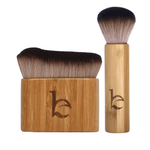







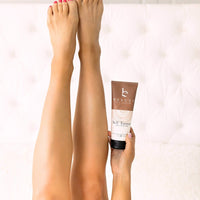








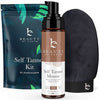

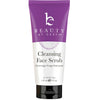


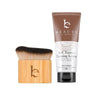









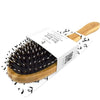
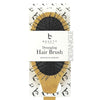
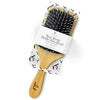

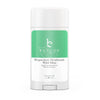




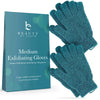
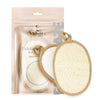
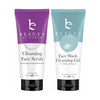










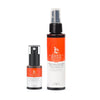




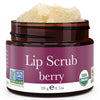
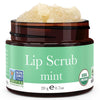
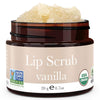





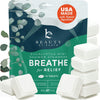
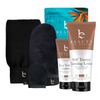
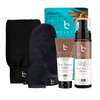


















join the conversation